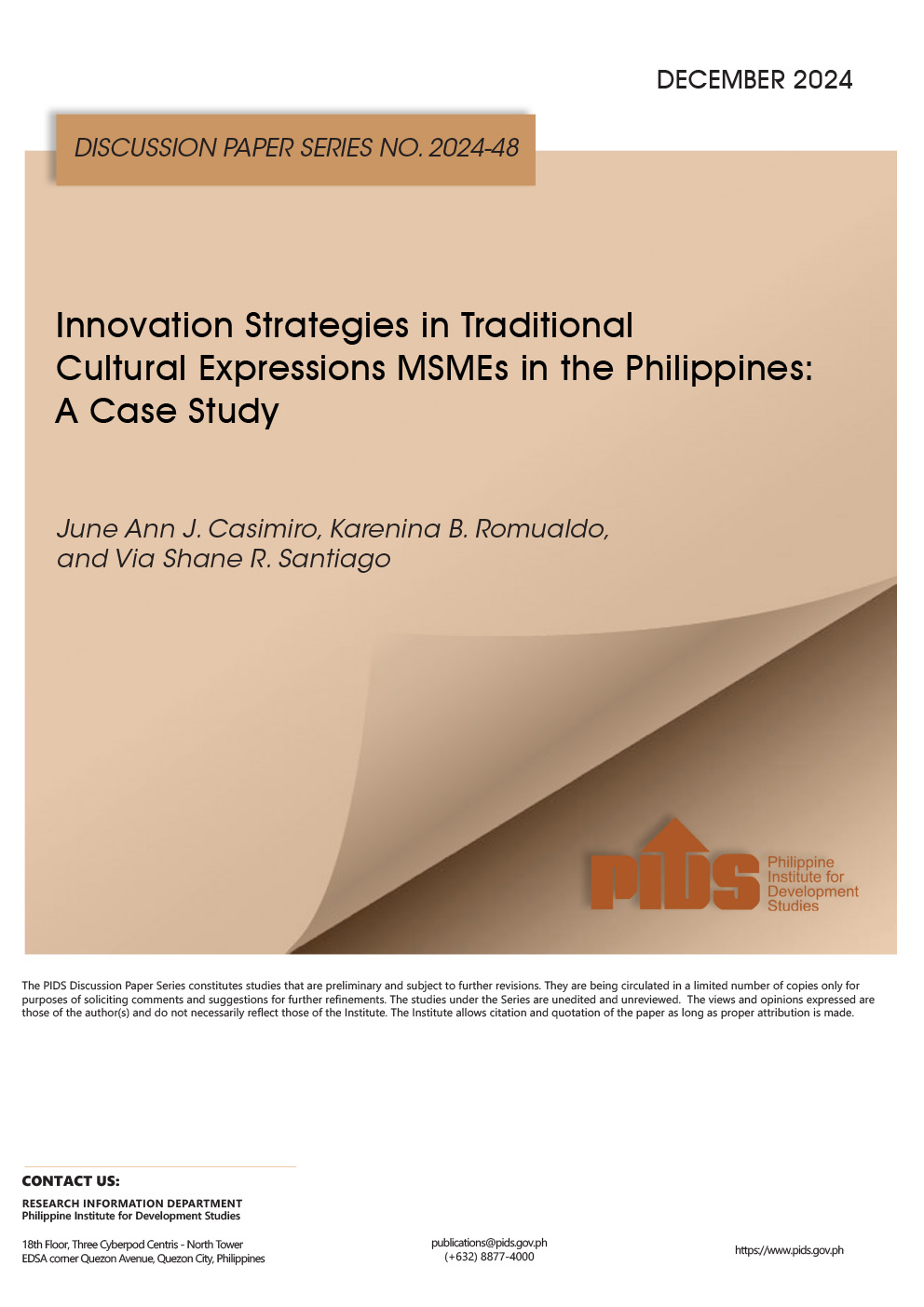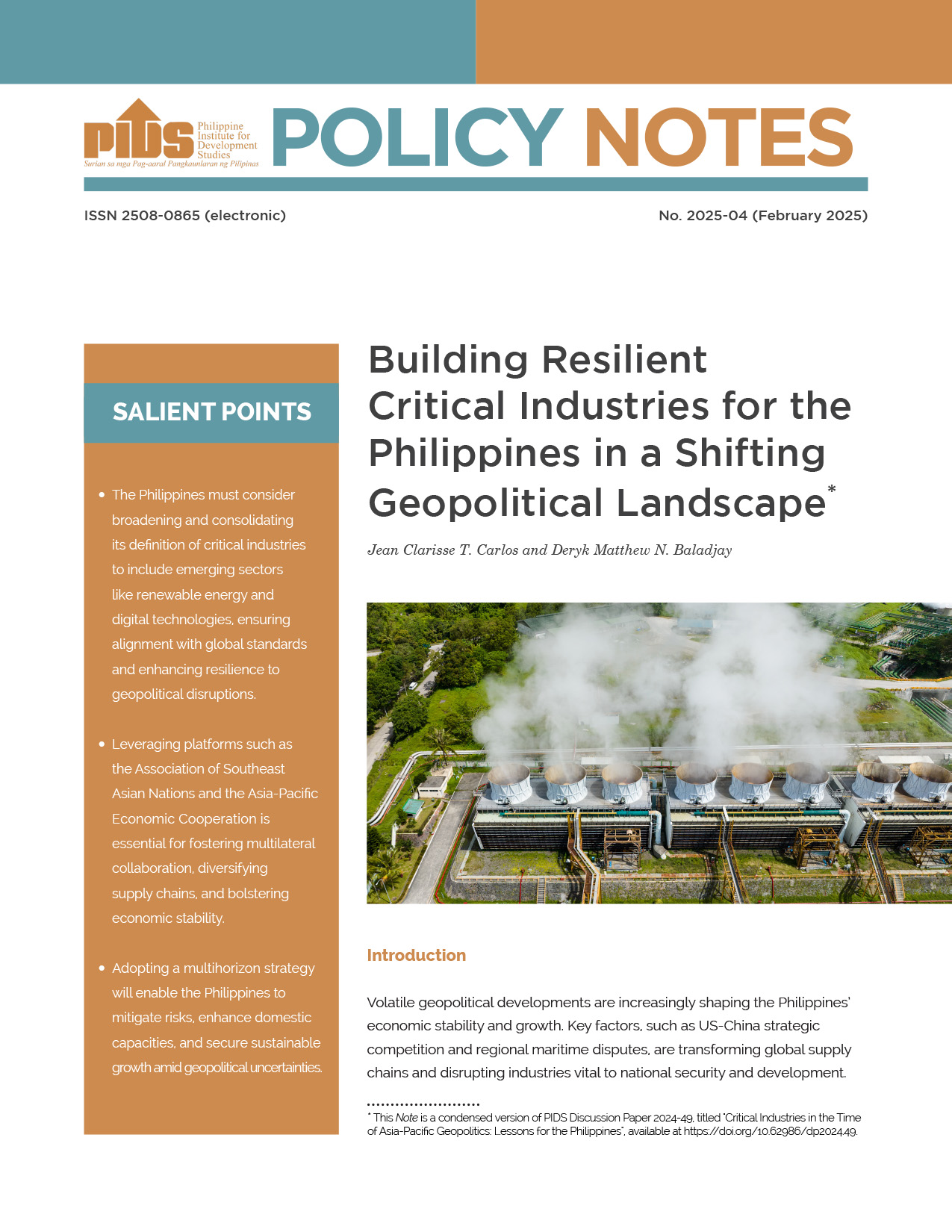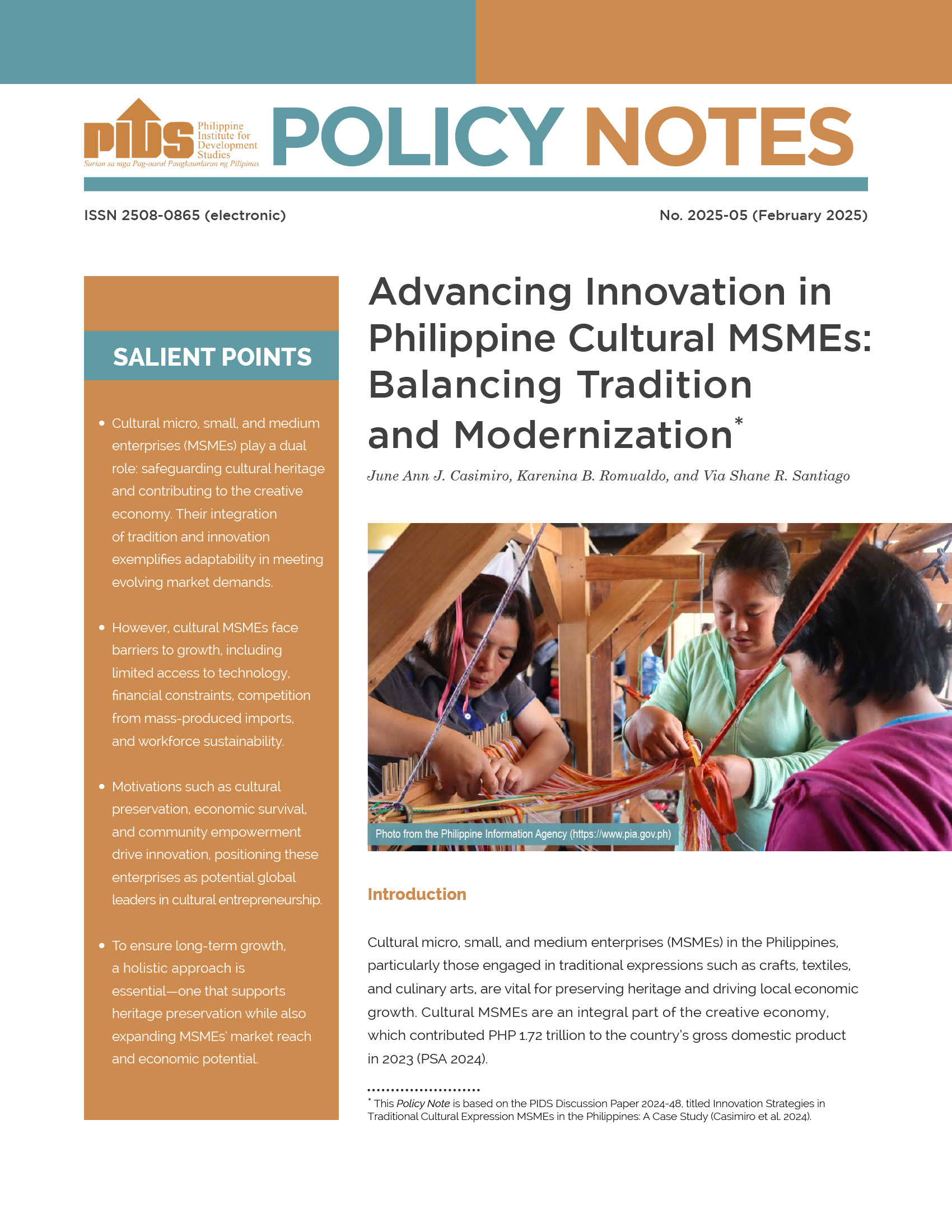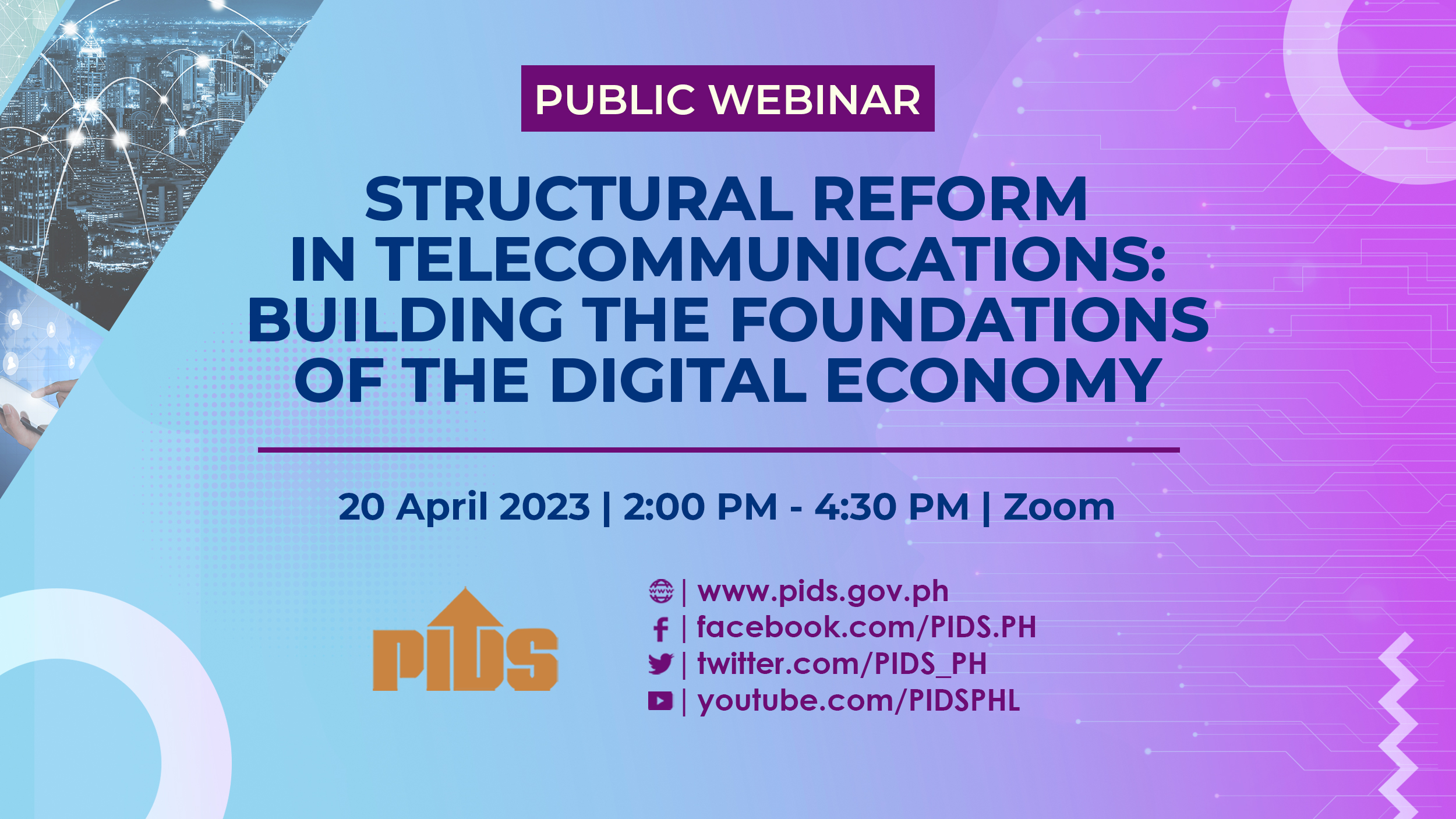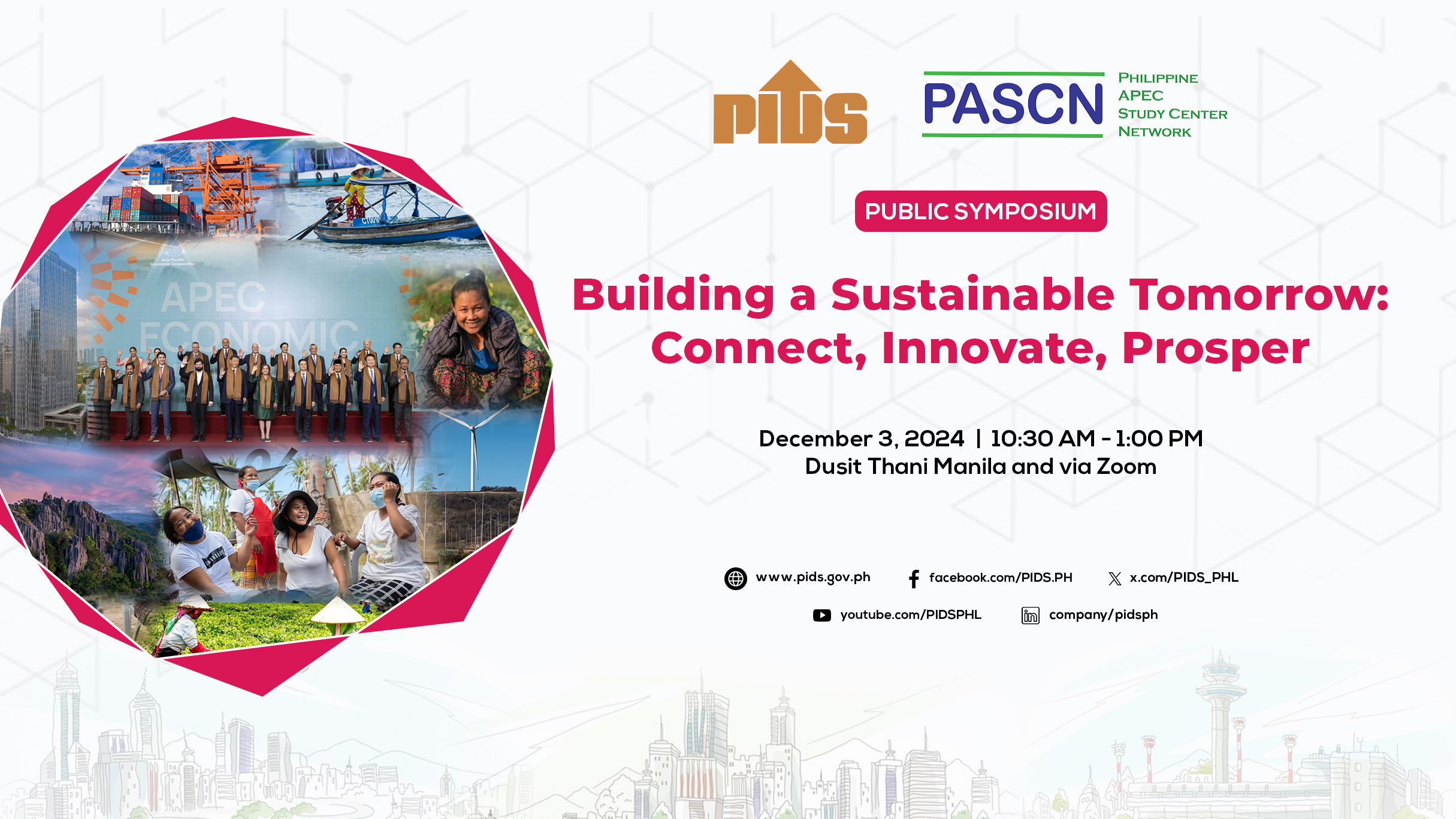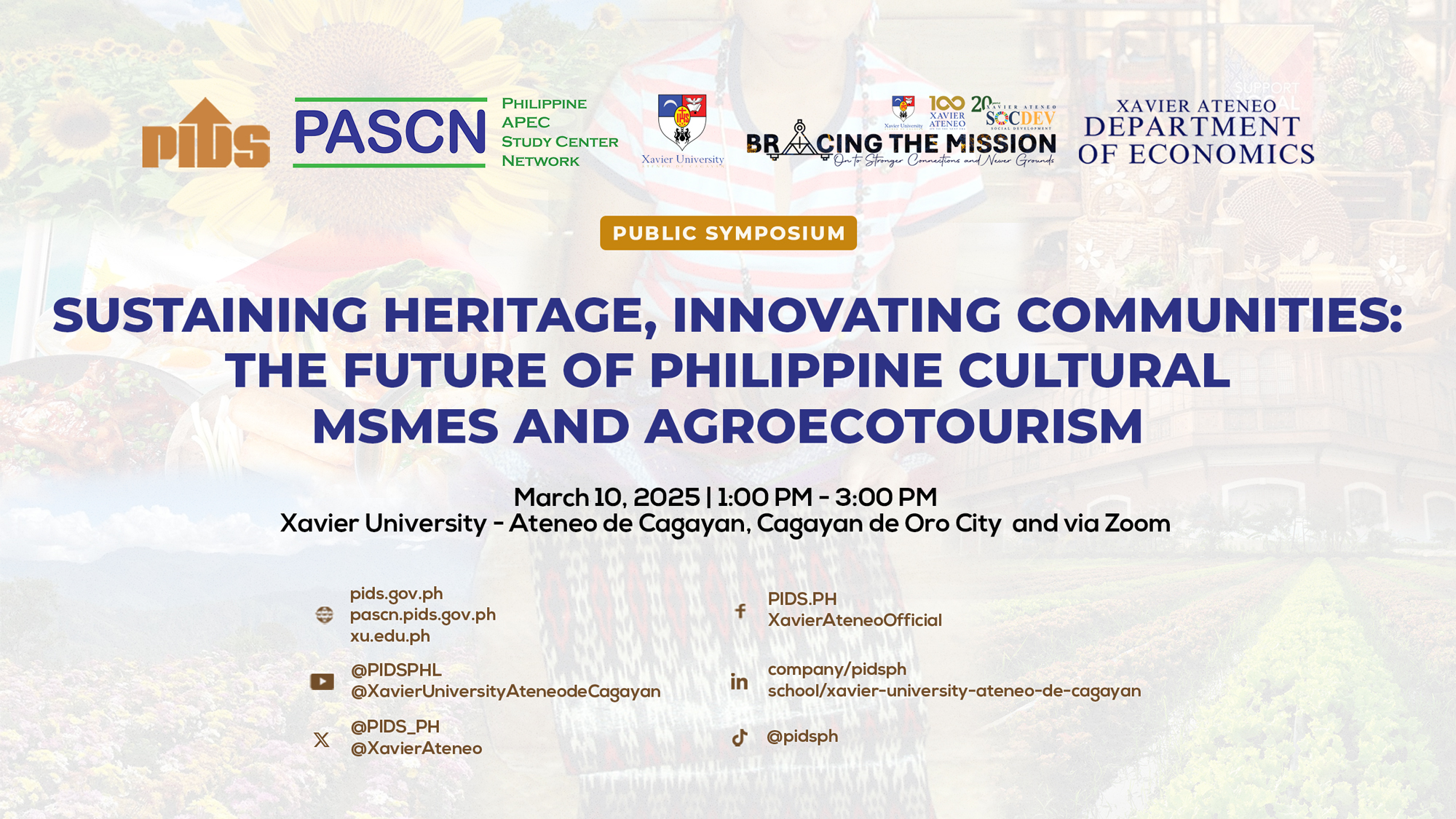The Philippines ranks second among countries with the greatest risk of disaster, according to the 2014 World Risk Report by the United Nations University—Institute for Environment and Human Security. This does not come as a surprise given a myriad of factors that plague our geographic location as well as the absence of urban and regional plans to minimize, mitigate and mediate devastating results brought about by man-made and natural disasters. Our memories of the onslaught of Super Typhoon Yolanda and the earthquake in Central Visayas are still fresh and we are continually reminded every time we encounter typhoons, earthquakes, volcanic eruptions and even torrential rains that bring about chaos and gridlock in our lives. Lives are lost. Communities are washed away. People are jobless. Businesses are closed.
In Metro Manila alone, a strong and sudden downpour easily disrupts the lives of people. Talk about being stranded in a car, bus, train or jeepney for hours and not being able to eat, drink and, sadly, even pee! Throngs of people, if they have the chance, pass the time in malls or stay in fastfood restaurants until the water subsides. Food courts are jampacked, but could not serve new customers because supplies are depleted. This scenario highlights the need for resiliency not only of people but of businesses, as well.
Business resilience is the ability to rapidly adapt and respond to risks as defined by IBM’s January 2009 Report titled "Business Resilience: The Best Defense is a Good Offense.” Many big businesses, such as companies listed in the Philippine Stock Exchange, and multinational corporations with a gamut of international certifications have business continuity plans (BCPs) in place. For example, the cloud has been the alternative for storage solutions for documents ranging from usual files to highly confidential documents.
But most micro, small and medium enterprises (MSMEs), which comprise more than 99 percent of the total number of businesses in the country and contribute about 65 percent of total employment, do not have plans for business continuity when disasters strike. When a disaster takes place, it is just expected that national and local governments would pour their resources on immediate relief and recovery efforts. There, however, is an apparent lack of support for businesses to recover from disasters.
Once the debris is cleared and homes cleaned, people must go back to work and be able to live the lives they had prior to the disaster but most of the time these people find their places of employment still not ready for business-as-usual. After the onslaught of a disaster, small business owners must face issues such as the lack of manpower, the absence of supplies and the threat of peace and order. This is according to a study by Marife Ballesteros and Sonny Domingo of the Philippine Institute for Development Studies (PIDS) on "Building Philippine SMEs Resilience to Natural Disasters.”
The disaster risk reduction and management (DRRM) framework of the government has not been effectively translated into local and sectoral (or business) plans as stated in the PIDS study. MSMEs are highly vulnerable, have weak adaptability and limited access to a broader set of coping strategies that should be addressed both by the government and private entities. They do not have appropriate networks and must have a hotline in times of disasters. It is high time that they have something similar to a BCP, perhaps, as a requirement for business renewal. Moreover, the role of chambers of commerce and cooperatives as the voice of MSMEs in disaster planning and mitigation must be strengthened. These are just some of the ways to build business resiliency among MSMEs because once businesses operate after a disaster, then it is a good sign that recovery has finally arrived.
Brian C. Gozun, PhD is associate professor of the Decision Sciences and Innovation Department of the Ramon V. del Rosario College of Business, De La Salle University,and is currently pursuing his postdoctoral fellowship in crisis management at the Innova Institute, La Salle — Universitat Ramon Lull, Barcelona, Spain. He can be reached at brian.gozun@dlsu.edu.ph. The views expressed above are the author’s and do not necessarily reflect the official position of DLSU, its faculty, and its administrators.

